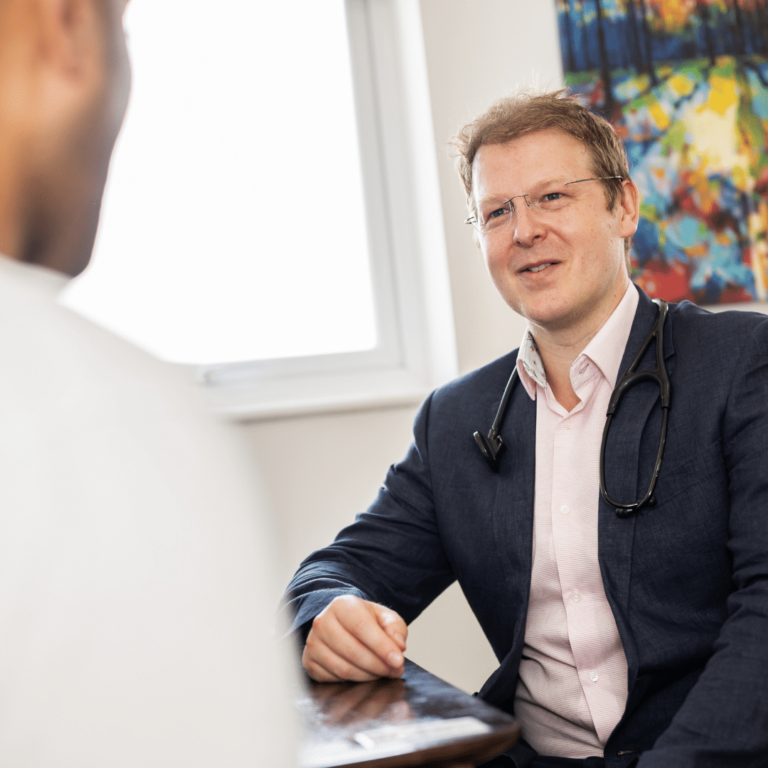Treatment options and pricing
Browse and click below to book any of our available service.
Adolescent Counselling Initial Consultation
Included in the Adolescent Counselling Initial Consultation
Adolescent counselling supports teens through emotional, social, and behavioural challenges, helping them build resilience and make healthy life choices.
Common Q&A about Adolescent Counselling
Our FAQ section is designed to address common questions you may have, from how our treatments work to what you can expect during and after your session.
Our team is always available to provide additional support if you need more personalised guidance, ensuring that you feel informed and confident every step of the way.
Adolescent counselling is a form of therapy specifically designed to help young people (typically aged 10–18) cope with emotional, behavioural, and psychological challenges. It provides a safe, confidential space to explore issues such as anxiety, depression, self-esteem, peer pressure, family conflict, and more.
While both aim to support emotional well-being, adolescent counselling is tailored to the unique developmental, social, and emotional needs of teenagers. It often includes more creative, interactive approaches and may involve working closely with parents or guardians when appropriate.
Counselling can support adolescents facing a wide range of issues, including anxiety, depression, bullying, low self-esteem, academic stress, identity concerns, grief, family problems, self-harm, and peer pressure.
Yes, counselling is confidential. However, if a counsellor believes a young person is at serious risk of harm, they may need to involve appropriate professionals or guardians to ensure safety. The counsellor will usually explain confidentiality boundaries in the first session.
The number of sessions needed varies depending on the individual's situation and goals. Some teens benefit from just a few sessions, while others may need longer-term support. Progress is usually reviewed regularly between the counsellor and the young person.
Parental involvement can be helpful but is not always necessary. The counsellor will assess the level of involvement based on the adolescent’s age, needs, and consent. In many cases, keeping parents informed while respecting the teen's privacy is a careful balance.
Sessions typically involve talking about feelings, thoughts, and experiences in a supportive, non-judgmental environment. Depending on the counsellor’s approach, sessions may also include creative activities, problem-solving exercises, or relaxation techniques.
Signs that a teen may benefit from counselling include sudden changes in mood or behaviour, withdrawal from friends or activities, academic decline, sleep or appetite issues, self-harm, or expressing feelings of hopelessness. A GP or school professional may also suggest counselling.
A qualified adolescent counsellor should have formal training in counselling or psychotherapy, with additional experience or certification in working with young people. Accreditation with a professional body, such as the National Counselling Society, ensures ethical and competent practice.
Adolescent health counselling is often covered by health insurance, though coverage may vary depending on your provider and plan. Some public health systems may offer free or subsidised counselling services, while private counselling may require out-of-pocket payment. Always check with your insurer or healthcare provider for details on coverage.



